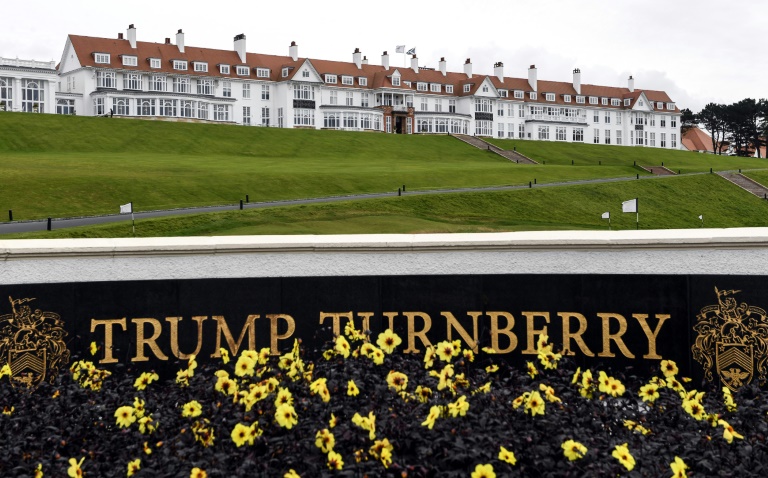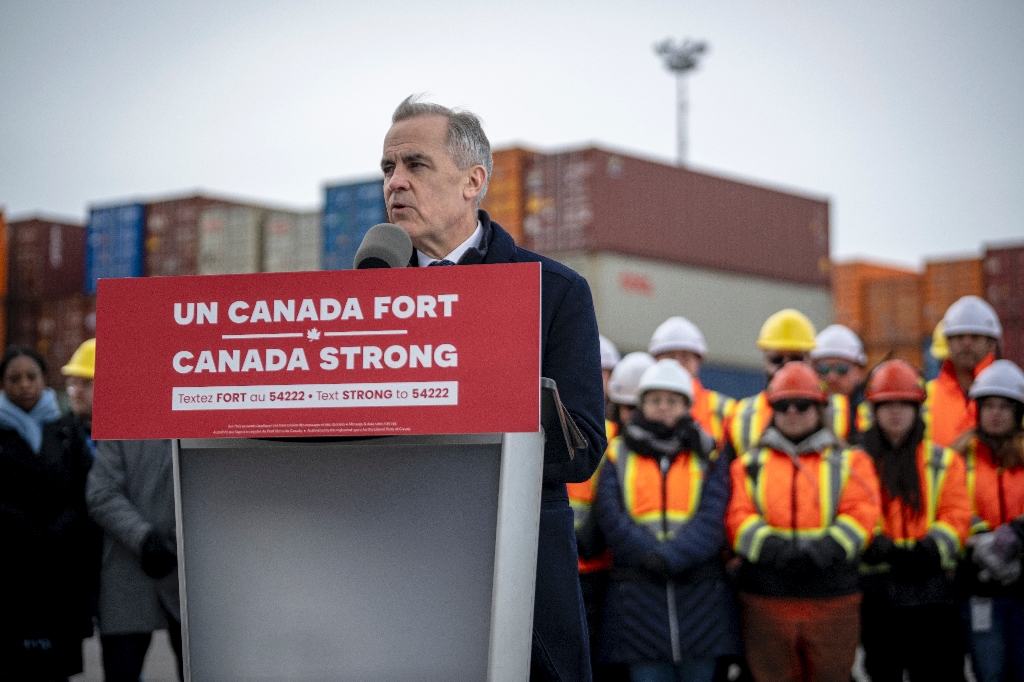New York (AFP) – A US judge on Thursday blocked fashion group Tapestry’s $8.5 billion deal to buy Capri, which owns luxury brands including Michael Kors and Versace, citing a potential loss of competition. The deal, seen as an attempt to create a new global fashion giant to compete with European powerhouses, was halted by a federal court in New York after the US Federal Trade Commission (FTC) sued to prevent it earlier this year. “The Court finds that the merging parties are close competitors, such that the merger would result in the loss of head-to-head competition,” court documents read, after seven days of testimony.
Tapestry, which owns brands including Coach and Kate Spade, said in a statement to AFP it planned to appeal. Calling the ruling “disappointing,” Tapestry said the fashion industry at-large was “constantly expanding” and “intensely competitive and dynamic,” and the merger would have been “pro-competitive and pro-consumer.” The ruling is seen as a victory for the FTC, an independent agency whose current chair was appointed by President Joe Biden.
– Antitrust action – Both the FTC and the Department of Justice’s antitrust division have ramped up action against corporate mergers in recent years. Capri, whose shares plunged by around 50 percent in after-hours trading, did not immediately respond to a request for comment. Tapestry shares were up by more than 13 percent, with some analysts having said it was offering too much in its bid.
The FTC’s move to block the deal came as a surprise, with such actions rare in the fashion industry, a sector generally considered fragmented and with no risk of a dominant player. But the agency argued the proposed merger threatened to “deprive millions of American consumers of the benefits of Tapestry and Capri’s head-to-head competition.” In court documents Thursday, the companies argued that the ruling effectively blocks the merger permanently.
The takeover, plans for which were announced in 2023, had aimed to boost sales by combining customer data streams, broadening geographic reach and achieving some $200 million in annual cost savings within three years of the deal closing, the two companies said last year. The acquisition would have given Tapestry an upscale portfolio with multiple brands focused on shoes and handbags, as well as a strengthened apparel offering with Capri’s Versace and Michael Kors.
The once influential Michael Kors has seen its image deteriorate in recent years amid a struggling marketing strategy, with Tapestry CEO Joanne Crevoiserat in August expressing confidence in her company’s ability to reinvigorate the brand. Earlier this year, JetBlue and Spirit Airlines pulled the plug on a merger weeks after a federal judge ruled that it violated US antitrust law. Biden lauded the decision, saying the merger would have forced higher fares and fewer choices on US consumers.
© 2024 AFP




